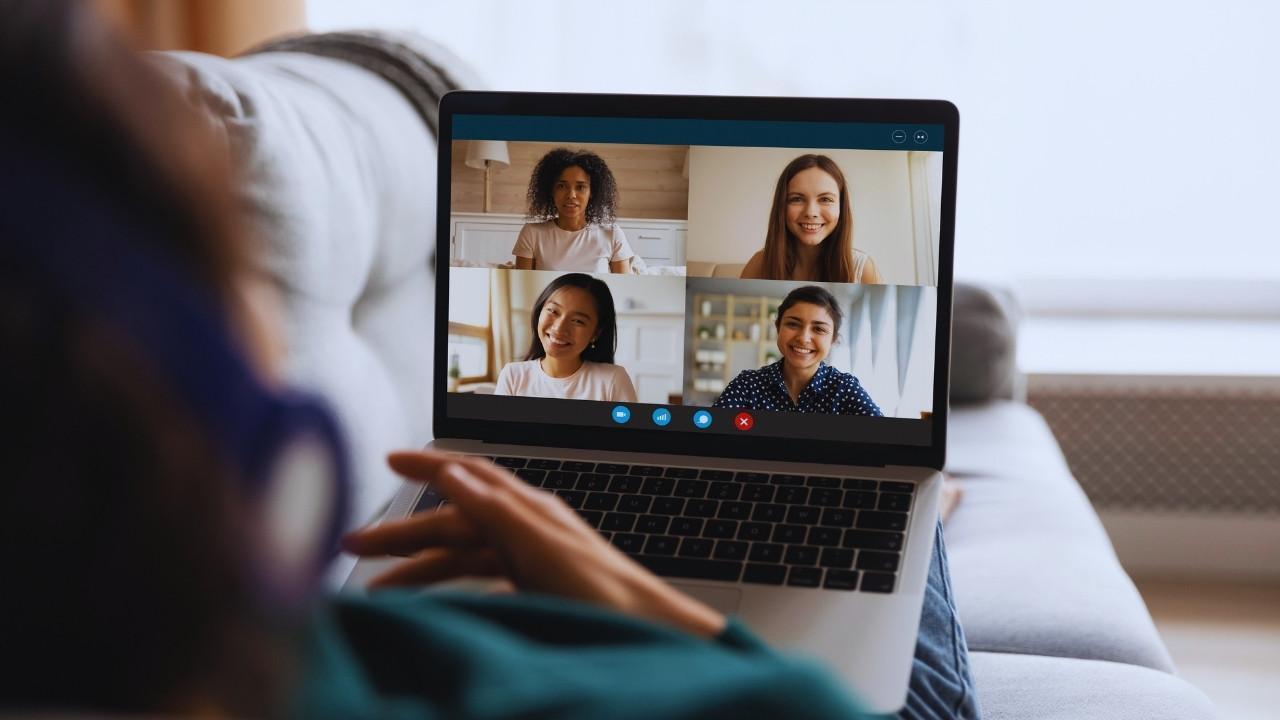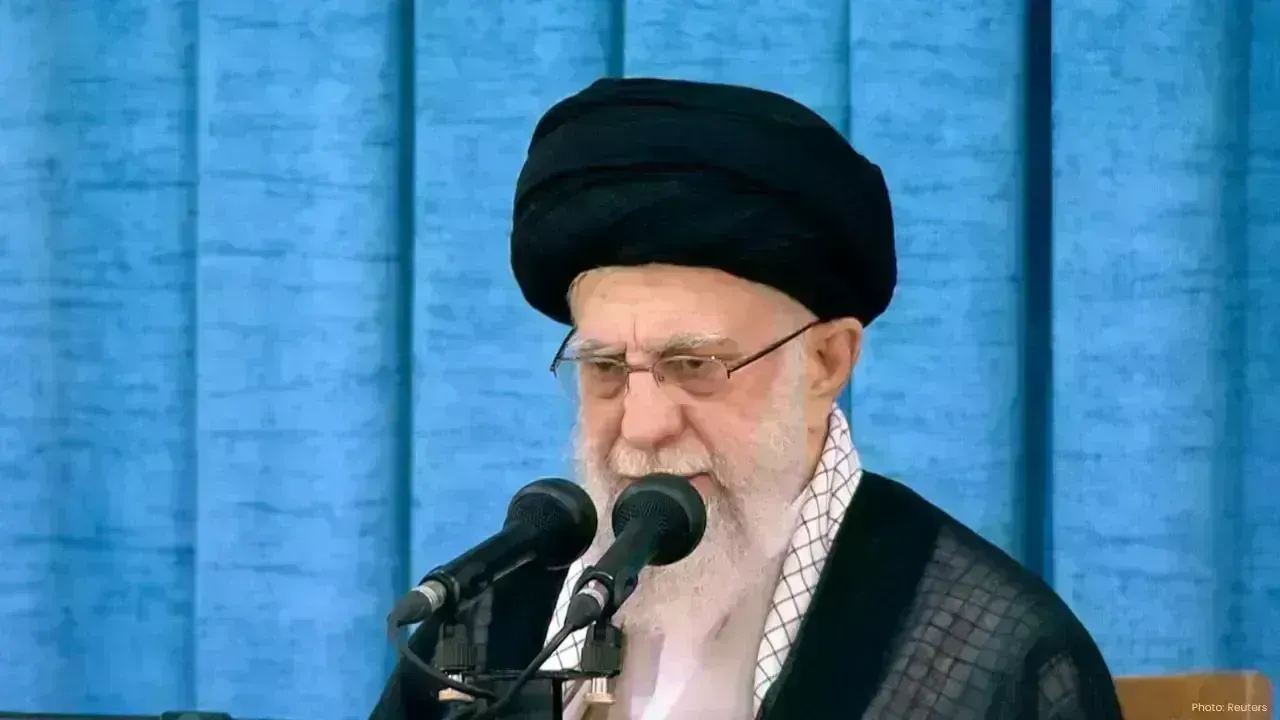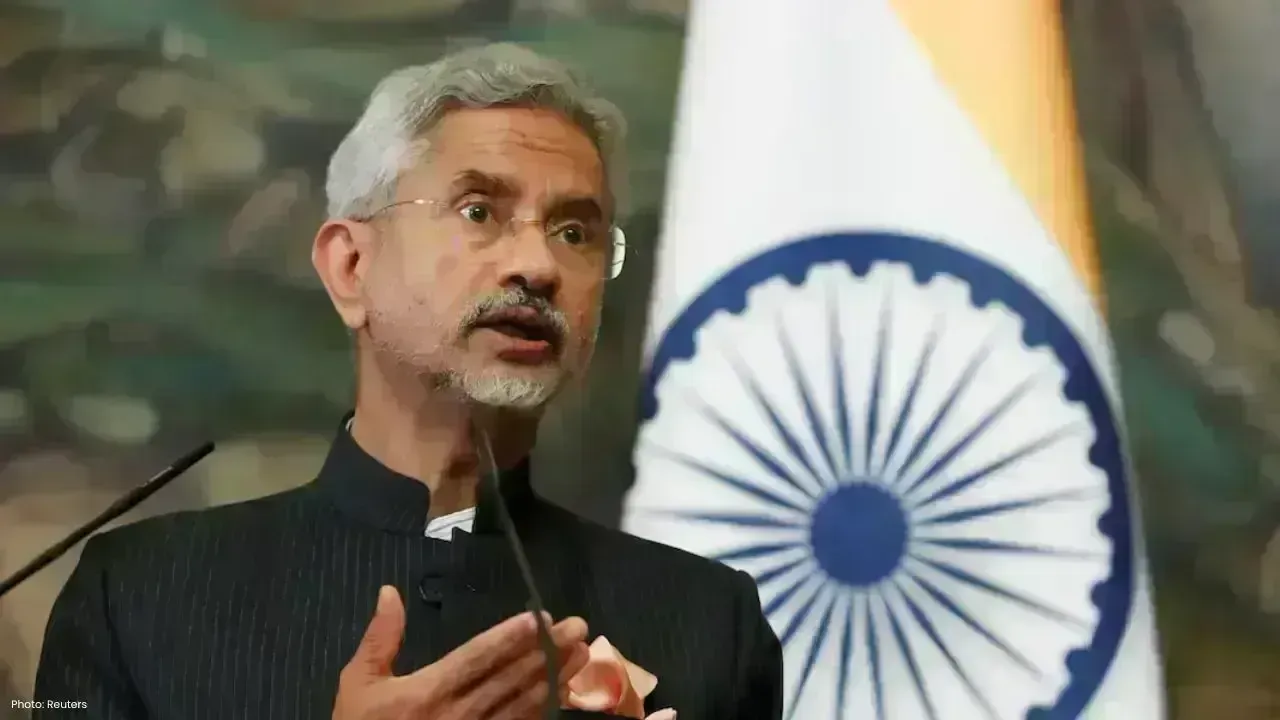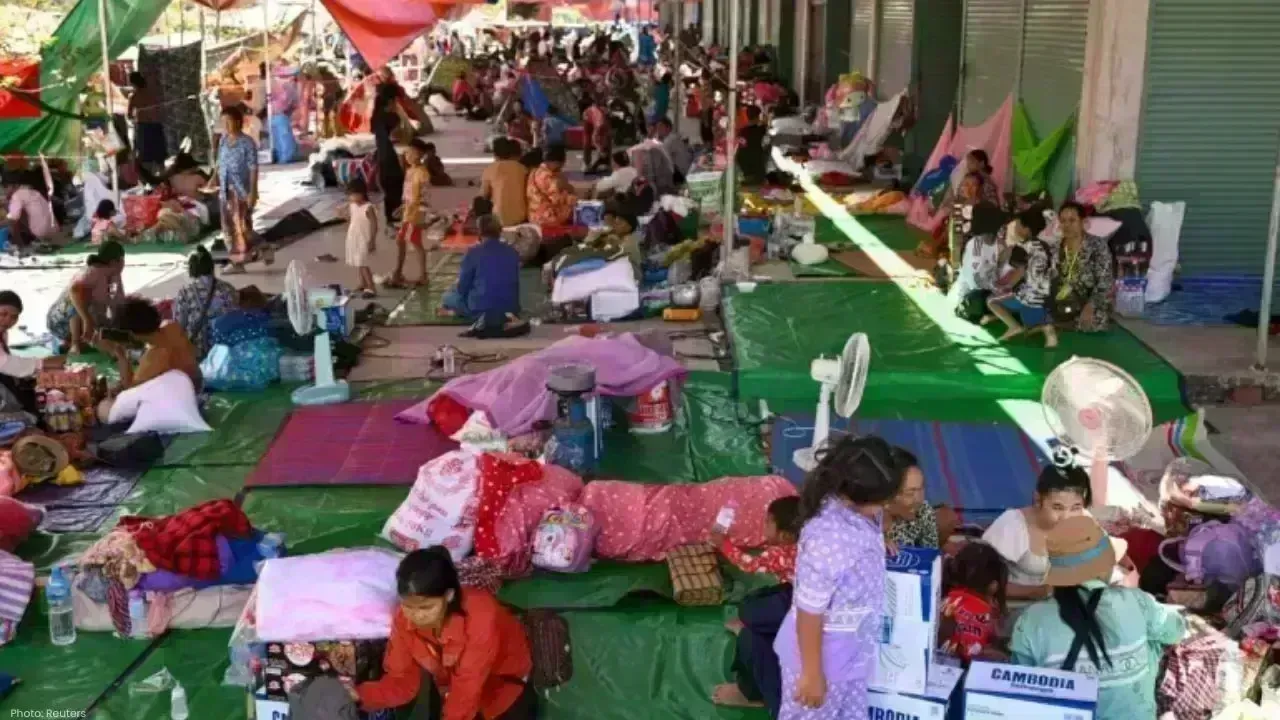You have not yet added any article to your bookmarks!

Join 10k+ people to get notified about new posts, news and tips.
Do not worry we don't spam!

Post by : Anis Farhan
Over the last decade, technology has redefined the way we socialize. Where once handwritten letters and face-to-face meetings defined closeness, now instant messages and video calls have become the norm. Friendship in 2025 looks strikingly different—broader, faster, and at times, more superficial.
Social apps like Instagram, WhatsApp, Snapchat, and even niche platforms like Discord and BeReal have blurred the lines between public and private spaces. The convenience of staying in touch has never been easier, but it comes with a paradox: while we are more connected than ever, many still feel profoundly lonely.
Technology has created a world where friendship is available at the swipe of a finger, yet genuine emotional intimacy is harder to maintain.
Modern apps have turned social interaction into a daily ritual. You might not speak to your closest friends for weeks, but you’ll exchange reactions to stories or memes almost every day. This digital shorthand of affection—hearts, likes, emojis, and comments—has become the new emotional currency.
Platforms like Bumble BFF and Peanut have revolutionized platonic relationships, allowing people to make friends just as they would find dates. These apps have normalized “friendship-hunting” and removed the stigma once attached to admitting loneliness. For many, especially in urban environments where people move frequently, these apps have become a lifeline.
However, there’s an emotional cost to this convenience. Online friendships can sometimes feel transactional, filtered through curated versions of ourselves. What used to be spontaneous and organic—meeting someone at a coffee shop or a college event—now begins with bios and profile pictures.
Despite its pitfalls, digital technology has also created opportunities for friendships to thrive across distances. Families separated by countries stay connected through group chats. Old classmates reunite through social platforms. Shared online communities have replaced neighborhood corners.
Virtual spaces like gaming servers, fandom pages, and group forums allow friendships to bloom among people who may never meet physically. These spaces often provide emotional support, identity validation, and community belonging—something that can be especially vital for marginalized individuals.
Yet, the permanence of digital footprints brings its own challenges. Miscommunication over text, the pressure to constantly respond, and comparison fatigue from highlight reels can cause strain. Emotional depth still requires effort and intentionality, even in a connected world.
Digital intimacy refers to the closeness people feel despite never meeting face-to-face. A comment from a stranger, a regular follower who reacts to every post, or a gaming buddy you talk to nightly—all form a new spectrum of connection.
Sociologists now speak of “micro-friendships”—short bursts of positive, fleeting interactions that provide emotional boosts. Whether it’s sharing daily affirmations on a mental health forum or exchanging messages about a shared hobby, these micro-connections are redefining how people experience companionship.
While these relationships might lack the depth of traditional friendships, they fulfill a social need in an increasingly isolated world. They are easy to maintain, low-commitment, and often emotionally rewarding.
The paradox of friendship today lies in abundance. We have hundreds of contacts but few deep connections. Studies show that while online communication helps maintain relationships, it can also amplify anxiety, comparison, and validation-seeking behavior.
Scrolling through others’ social lives can create unrealistic expectations about friendship. Seeing curated photos of “perfect” friend groups often triggers feelings of exclusion or inadequacy. This has given rise to the phenomenon of “social comparison fatigue,” especially among younger generations.
At the same time, digital communities have opened mental health support spaces where people can talk freely without fear of judgment. Apps focused on emotional well-being encourage open conversation, destigmatizing loneliness and vulnerability.
Ultimately, technology’s effect on mental health depends on how it’s used. Balanced digital behavior—using apps as tools, not replacements for real connection—is key to emotional resilience in the friendship landscape of today.
Behind every digital interaction lies an algorithm. From friend suggestions on Facebook to “People You May Know” features on Instagram or LinkedIn, machine learning influences who enters our social orbit. These systems, driven by engagement data, shape social circles in subtle yet profound ways.
While algorithms can expand our networks, they can also reinforce echo chambers—connecting us primarily to people who think and behave like us. This can limit empathy, diversity of thought, and even real-world interactions.
Moreover, algorithmic bias can perpetuate inequalities in social networking, subtly affecting who gets visibility or attention. As users, becoming aware of these invisible forces is essential to reclaiming control over how we connect.
In an era of constant connectivity, genuine offline friendship has become a form of luxury. People now seek “digital sabbaticals” to reconnect with those around them in person. Coffee shops that ban phones, friendship retreats, and “offline hangout” movements are gaining traction among Gen Z and millennials.
There’s something irreplaceable about shared experiences—sitting together, laughing, or simply being present. Real conversations, without the distraction of screens, build empathy and understanding that no text can replicate.
Balancing online and offline interactions is the new challenge of modern friendship. Technology is a bridge, not the destination. True friendship still thrives on effort, trust, and shared time.
Looking ahead, social connection will likely merge digital and physical realities. Virtual reality meet-ups, AI companions, and holographic presence are already being tested. These innovations could make distance irrelevant but may also raise questions about authenticity and emotional depth.
As we evolve into an era where AI can mimic empathy and digital avatars represent us, humanity will need to redefine what it means to “know” and “care” for someone. Friendship might become less about proximity and more about shared values and experiences—both real and virtual.
One thing is certain: technology will continue to shape the way we form and maintain relationships. The responsibility lies in using it wisely, ensuring that human warmth remains at the core of every interaction.
Friendship in the age of apps is a paradox of closeness and distance. Technology allows us to maintain hundreds of connections yet sometimes leaves us craving deeper bonds. The key lies in conscious engagement—using digital tools to enhance relationships, not replace them.
Real friendship has always been about presence, empathy, and shared moments. While technology evolves, these timeless values must remain the foundation of human connection. The challenge and opportunity of our time are to blend the convenience of apps with the authenticity of real emotion.
This article is intended for informational and educational purposes only. It does not substitute professional psychological or sociological advice. Readers are encouraged to maintain a balanced digital lifestyle and seek professional guidance if facing mental or emotional challenges related to social connection.










Agastya Nanda’s War Drama Ikkis Steady at Box Office, Hits Rs 26 Crore
Ikkis, starring Agastya Nanda, earns Rs 26.35 crore in 9 days. Dharmendra’s last film is a touching

Iran Protests Grow Amid Internet Blackout, Khamenei Blames US
Massive protests sweep Iran over economy, rights, with internet shutdown. Supreme Leader blames US;

US Security Officials Drive S. Jaishankar 416 Miles During Shutdown
US security drove External Affairs Minister S. Jaishankar 416 miles during a government shutdown to

US Pledges $45M to Strengthen Fragile Thailand-Cambodia Truce
The US will provide $45 million in aid to help stabilize the fragile truce between Thailand and Camb

U.S.-India Trade Deal Falters as Modi Skips Trump Call Says Lutnick
U.S. Commerce Secretary Lutnick reveals India wasn’t ready for a trade deal after PM Modi avoided a

Boosting Northern Luzon Economy: Marcos Jr. Inaugurates Modern Camalaniugan Bridge
President Marcos Jr. opens the ₱2.3B Camalaniugan Bridge, enhancing connectivity, trade, and economi